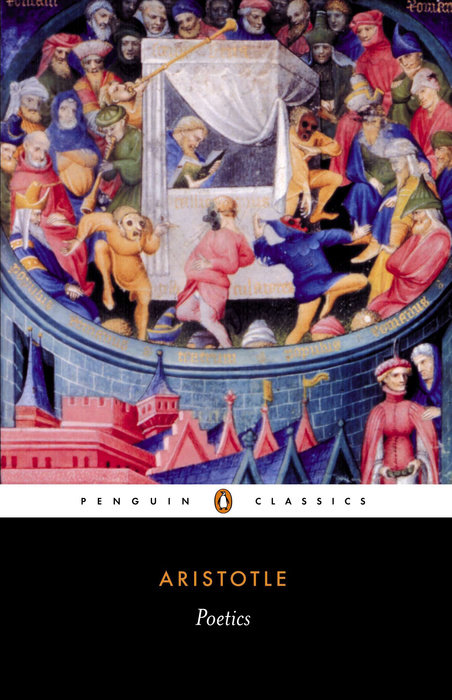
The Complete Works of Aristotle: The Revised Oxford Translation, Vol. 1
Book Description
Unlock the secrets of existence and plunge into the mind of a genius who transformed our understanding of science, ethics, and politics. 'The Complete Works of Aristotle: The Revised Oxford Translation, Vol. 1' unveils a treasure trove of insights that shaped civilization itself, from the nature of reality to the foundations of morality. Each page crackles with the intensity of inquiry, challenging timeworn beliefs and igniting intellectual revolutions. This is not just philosophy; it’s a compelling call to examine the very essence of what it means to be human. What profound truths will you uncover within these timeless pages?
Quick Book Summary
"The Complete Works of Aristotle: The Revised Oxford Translation, Vol. 1" is a comprehensive compilation of Aristotle’s influential writings, spanning a diverse range of subjects such as metaphysics, logic, natural science, ethics, and politics. This collection captures the depth and breadth of Aristotle’s inquiries into the underlying principles of existence, the workings of the human mind, and the structures that organize societies. Aristotle's methodical approach to reasoning and systematic investigation provided the framework for Western thought in both philosophy and science. These works continue to challenge modern readers, offering timeless insights into the questions of what it means to be human and how we seek knowledge, happiness, and order. The Revised Oxford Translation presents these classic texts in accessible English, making Aristotle’s genius readily available to contemporary audiences.
Summary of Key Ideas
Table of Contents
Understanding Reality and Causality
Aristotle’s exploration of reality begins with his theory of causality and substance. He examines what it means for something to exist, introducing the concepts of matter and form, potentiality and actuality, and the four causes (material, formal, efficient, and final) that explain why things are the way they are. This investigation into being and essence forms the bedrock for his metaphysics, where Aristotle debates universal vs. particular realities and the existence of a "prime mover" or uncaused cause. These foundational questions propel centuries of philosophical inquiry into ontology and cosmology.
The Art of Reason and Logic
Aristotle is celebrated for developing formal logic as a tool for reasoning. He systematizes deductive reasoning through syllogisms, which become the cornerstone of logical thought for centuries. This focus on valid argument, definition, and classification sets the groundwork for later advances in mathematics and science. Aristotle emphasizes the importance of language, categorization, and demonstration in constructing knowledge, showing how clear thinking and careful analysis are essential for uncovering truth and avoiding fallacies.
The Pursuit of Ethical Living
Ethics occupies a major place in Aristotle’s corpus, centering on the concept of eudaimonia, or human flourishing. He argues that virtues such as courage, temperance, and justice are habits cultivated through rational action and the "golden mean"—the desirable balance between excess and deficiency. For Aristotle, ethical living arises from aligning one’s character and actions with reason, leading to a fulfilled, happy life. Through practical wisdom, individuals can navigate moral dilemmas and contribute positively to themselves and their communities.
Investigating Nature and Science
Beyond philosophy and ethics, Aristotle makes substantial contributions to the study of nature and science. He observes and catalogs the living world, laying the foundations for biology, physics, and zoology. His method stresses empirical observation and classification, seeking regularities and causes behind natural phenomena. Although limited by the knowledge of his time, Aristotle’s approach encourages systematic investigation and thoughtful exploration of the physical universe, establishing principles that influence scientific enterprises until the modern era.
Foundations of Human Society and Governance
In his political writings, Aristotle investigates the structures and purposes of human society. He considers the various forms of government, evaluates their merits and pitfalls, and asserts that the state exists not merely for survival but for the flourishing of its citizens. Aristotle advocates politics as an extension of ethical life, where laws and institutions aim to cultivate virtue and justice. His analyses of citizenship, leadership, and community continue to inform political philosophy and the quest for good governance.
Download This Summary
Get a free PDF of this summary instantly — no email required.





